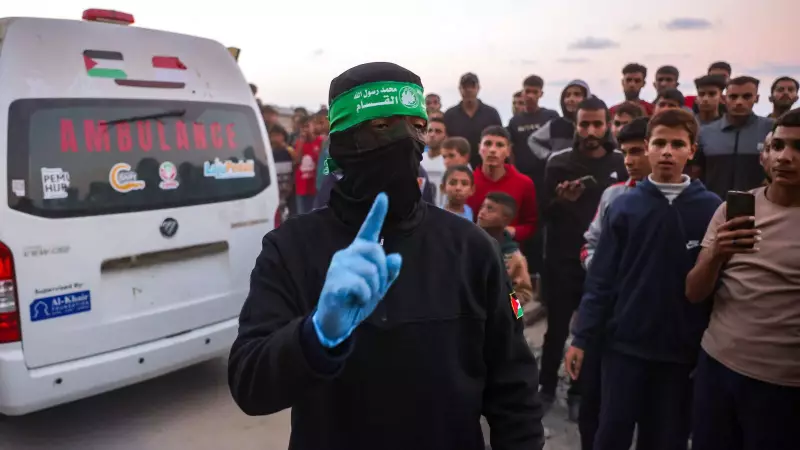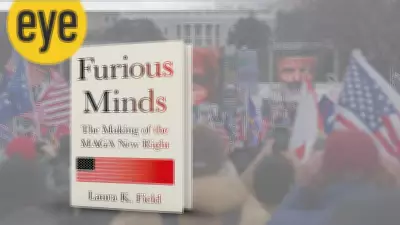
The latest US-backed ceasefire proposal for Gaza has moved from theoretical discussions to practical realities, revealing one critical obstacle that could make or break the entire agreement: who will provide the security force to police the truce?
The Unanswered Security Question
While diplomatic efforts continue behind closed doors, the absence of a clear candidate for peacekeeping duties has become the elephant in the negotiation room. World powers who've been quick to call for peace now face the uncomfortable question of putting their own troops in harm's way.
"Everyone wants a ceasefire until they're asked to send their sons and daughters to enforce it," noted one Western diplomat familiar with the discussions.
Potential Candidates and Their Reluctance
The search for an appropriate security force has revealed several possibilities, each with significant complications:
- Arab Nations: Regional players like Egypt have historical experience but worry about being drawn deeper into the conflict
- European Forces: EU members possess the training but lack political consensus for such a risky deployment
- US Troops: While having the capability, domestic political considerations make this highly unlikely
- UN Peacekeepers: The international body has the framework but often lacks the rapid response capability needed
The Three-Phase American Proposal
The current US plan, endorsed by the UN Security Council, outlines a structured approach:
- Initial Six-Week Ceasefire: Hamas releases vulnerable hostages in exchange for Palestinian prisoners
- Permanent Truce Negotiations: Israeli withdrawal and full hostage release
- Gaza Reconstruction: Major international effort to rebuild the devastated territory
However, the entire framework depends on finding a reliable security guarantor that both Israel and Hamas can accept.
Regional Complications and Security Concerns
Israel remains deeply skeptical of any arrangement that might allow Hamas to regroup or rearm. The memory of previous ceasefire violations has hardened positions, making the composition and mandate of any peacekeeping force particularly sensitive.
Meanwhile, Hamas officials have expressed concerns about an international force that might operate with what they perceive as pro-Israeli bias.
The Path Forward
Qatari and Egyptian mediators continue their shuttle diplomacy, attempting to bridge what sometimes seems an unbridgeable gap. The coming weeks will reveal whether the international community can muster not just the political will for peace, but the practical commitment to enforce it.
As one European official privately conceded, "We're good at writing resolutions, but we struggle with implementing them when real risk is involved." This admission underscores the fundamental challenge facing the Gaza peace process.





